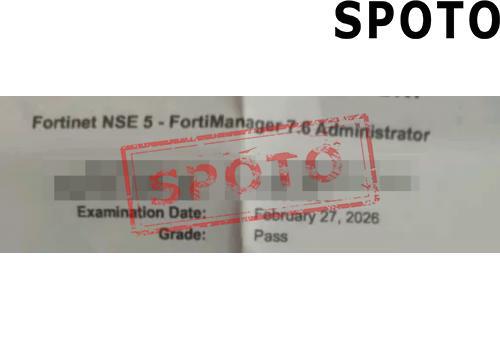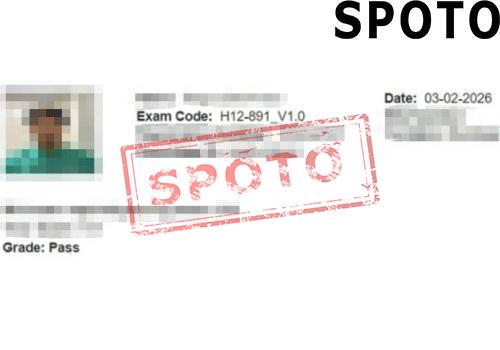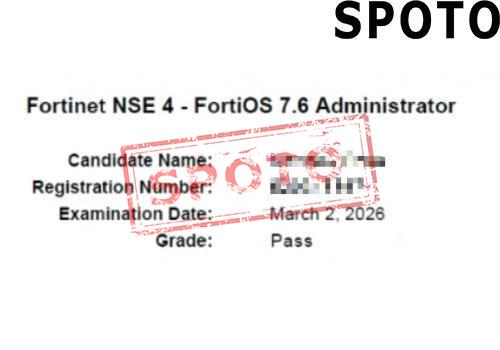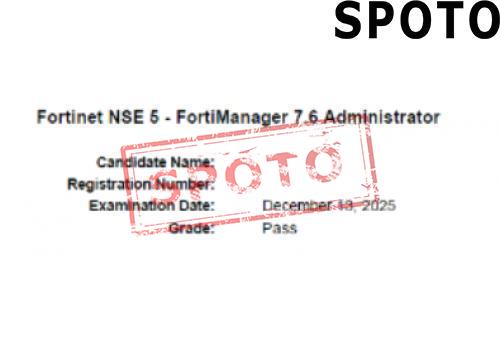
Table of Contents
CompTIA A+ Certification is an entry-level certification that serves as a great starting point for individuals looking to enter the IT industry. It covers a wide range of fundamental IT skills and knowledge, making it a valuable credential for those pursuing a career in IT support, help desk, and technical support roles. However, some may wonder if holding a CompTIA A+ Certification alone is enough to secure a job in the field. In this blog, we will delve into this question and explore the value of CompTIA A+ Certification in today's job market.
What Is CompTIA A+ Certification?
The CompTIA A+ Certification is a widely respected credential that is specifically designed for individuals who are new to the field of IT. It encompasses a wide range of skills essential for supporting the modern workforce. This includes the ability to identify, use, and connect hardware components and devices, as well as a comprehensive understanding of various operating systems such as Windows, Mac OS, Chrome OS, Android, and Linux. The certification also covers software troubleshooting for both PC and mobile devices, networking concepts including TCP/IP and WIFI, efficient troubleshooting of device and network issues, security vulnerability identification and protection, mobile device installation and configuration, as well as knowledge of virtualization, cloud computing, and operational procedures such as safety best practices and professional communication. Moreover, as an entry-level certification, it acts as the perfect gateway for those aiming to chart a professional career in IT support or technical roles. With its affiliation to CompTIA, a renowned authority in the realm of IT certifications, earning the CompTIA A+ Certification not only signifies a sturdy base in the IT sphere but also opens manifold career avenues within the industry.
CompTIA A+ Certification Exam Details
|
Exam Codes |
CompTIA A+ 220-1101 (Core 1) and 220-1102 (Core 2) |
|
Launch Date |
April 2022 |
|
Retirement |
TBD - Usually three years after launch |
|
Number of Questions |
Maximum of 90 questions per exam |
|
Type of Questions |
Multiple choice questions (single and multiple response), drag and drops and performance-based |
|
Length of Test |
90 Minutes per exam |
|
Passing Score |
220-1101: 675 (on a scale of 900) |
|
Languages |
English at launch. German, Japanese, Portuguese, Thai and Spanish |
Free Testing, Explore Exam Content!
What Jobs Can You Get with the CompTIA A+ Certification?
As a CompTIA A+ Certification holder, you have a wide range of job opportunities available to you. Here are some primary job duties and contents for each job role:
IT Support Specialist
Salary: $51,965/per year
Job Duties: IT support specialists are responsible for providing technical assistance and support to company employees and ensuring that their computer systems are operating efficiently. They may also be involved in the installation and maintenance of hardware and software.
Field Service Technician
Salary: $54,942/per year
Job Duties: Field service technicians are responsible for providing on-site support to customers. This may involve troubleshooting and repairing hardware or software issues, as well as providing training and support to end-users.
Computer Technician
Salary: $25,559/per year
Job Duties: Computer technicians are responsible for diagnosing and repairing hardware and software issues with computer systems. They may also be involved in the installation and configuration of new equipment.
Installation Technician
Salary: $52,020/per year
Job Duties: Installation technicians are responsible for installing and configuring hardware and software systems for clients. This may involve setting up new computer systems, networking equipment, or other technology solutions.
Help Desk Analyst
Salary: $53,302/per year
Job Duties: Help desk analysts provide technical support to end-users and internal staff. They may troubleshoot issues, provide guidance on software usage, and escalate more complex problems to higher-level support teams.
Technical Support Specialist
Salary: $62,099/per year
Job Duties: Technical support specialists provide technical assistance and support to customers, often over the phone or via email. They troubleshoot issues, provide guidance on software usage, and escalate more complex problems as needed.
Network Support Specialist
Salary: $58,936/per year
Job Duties: Network support specialists are responsible for maintaining andtroubleshooting network hardware and software issues. This may involve configuring routers and switches, as well as diagnosing and resolving network connectivity issues.
The Value of Getting CompTIA A+ Certified
The CompTIA A+ Certification is highly valuable in the field of information technology, offering several important advantages:
Recognition in the Industry: This certification is widely acknowledged and esteemed within the IT industry, serving as a validation of fundamental skills and knowledge.
Career Prospects: Possessing the CompTIA A+ Certification can present various employment opportunities, including roles like technical support specialist, field service technician, and IT support technician.
Validation of Skills: Achieving the certification signifies competence in critical areas such as hardware, networking, mobile devices, operating systems, and security, giving employers assurance in your abilities.
Professional Growth: The process of preparing for and attaining the certification can contribute to personal and professional development, enhancing problem-solving abilities and technical expertise.
Overall, the CompTIA A+ Certification offers practical value by validating skills, opening up career opportunities, and contributing to professional development within the information technology field.
The Limitations of CompTIA A+ Certification
The CompTIA A+ Certification is a valuable credential for IT professionals, but it's important to be aware of its limitations. Here are some of the key limitations to consider:
Limited Scope: The CompTIA A+ Certification primarily focuses on entry-level IT skills and knowledge. It may not cover advanced or specialized topics that are relevant to specific job roles or industries.
Industry Recognition: While the CompTIA A+ Certification is widely recognized in the IT industry, it may not hold the same level of prestige as other more specialized certifications from vendors like Microsoft, Cisco, or VMware.
Evolving Technology: The IT industry is constantly evolving, and the CompTIA A+ Certification may not always keep pace with the latest technologies and trends. IT professionals may need to pursue additional certifications or training to stay current.
Job Opportunities: While the CompTIA A+ Certification can open doors to entry-level IT positions, it may not be sufficient for more advanced roles that require deeper technical expertise or specialized knowledge.
Continuing Education: The CompTIA A+ Certification requires holders to renew their certification every three years by completing continuing education activities or passing a renewal exam. This ongoing requirement may be seen as a limitation by some professionals.
Conclusion
In conclusion, while obtaining a CompTIA A+ Certification can certainly open doors to entry-level IT positions, it is important to recognize its limitations. Continuing education and pursuing additional certifications or specialized training will be essential for advancing in the IT industry. As technology continues to evolve, ongoing learning and skill development are crucial for staying competitive and achieving long-term success in the field.










